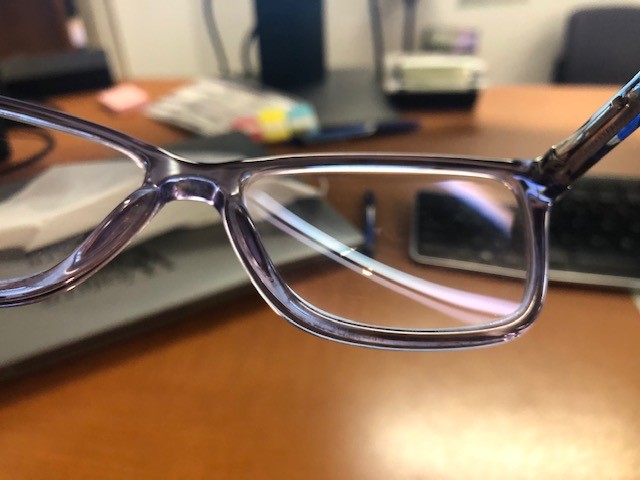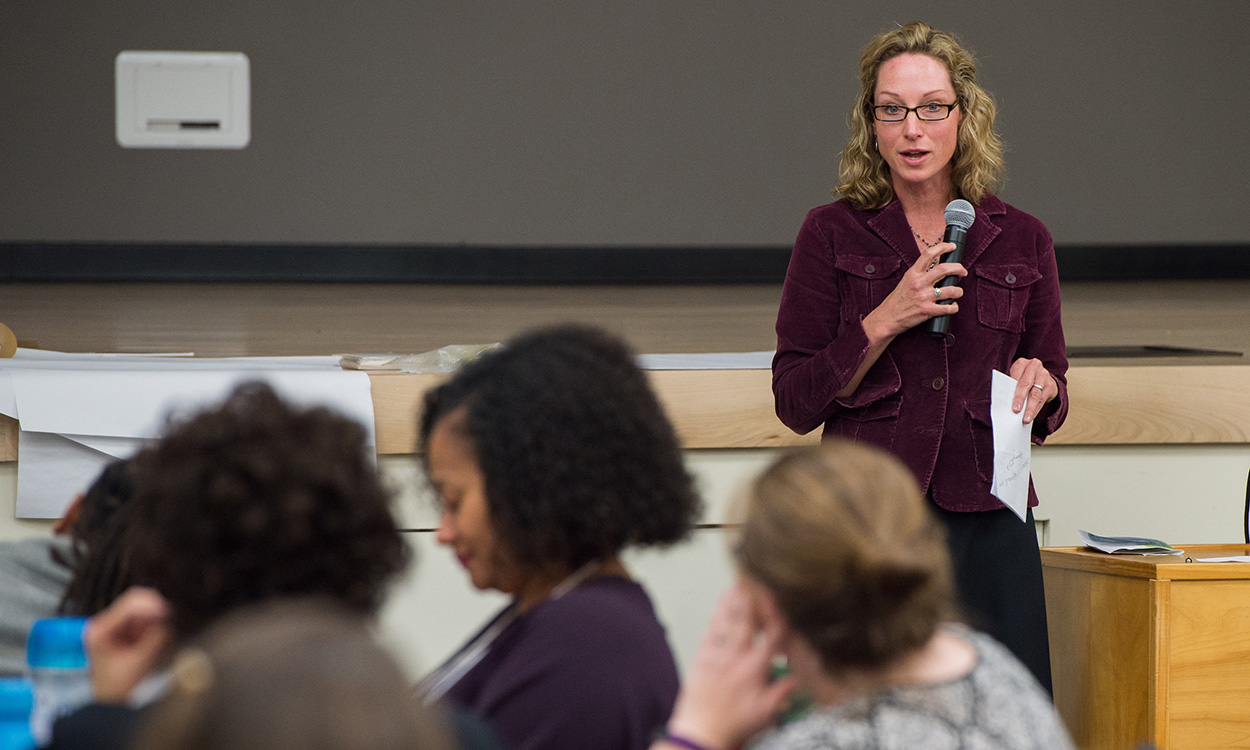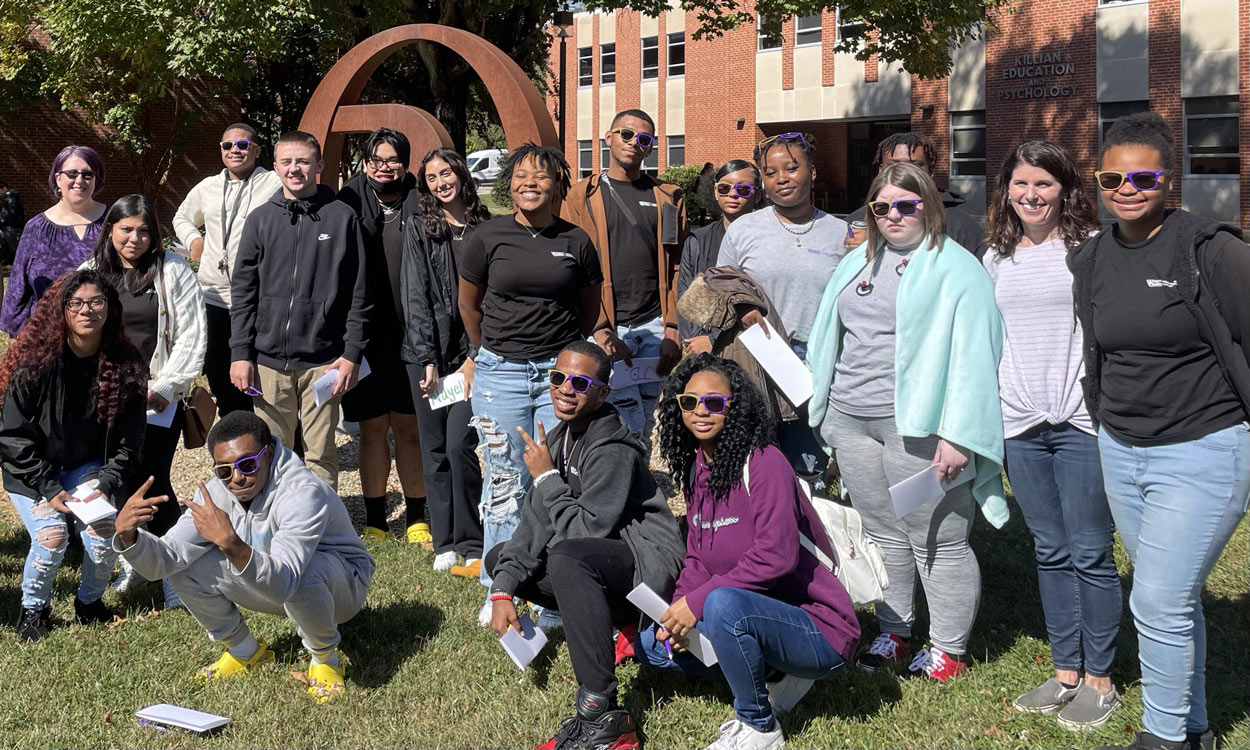IAP New Book Information

Literacy in Teacher Preparation and Practice: Enabling Individuals to Negotiate Meaning
Edited by Patrick M. Jenlink, Stephen F. Austin State University
Today, the meaning of literacy, what it means to be literate, has shifted dramatically. Literacy involves more than a set of conventions to be learned, either through print or technological formats. Rather, literacy enables people to negotiate meaning. The past decade has witnessed increased attention on multiple literacies and modalities of learning associated with teacher preparation and practice. Research recognizes both the increasing cultural and linguistic diversity in the new globalized society and the new variety of text forms from multiple communicative technologies. There is also the need for new skills to operate successfully in the changing literate and increasingly diversified social environment.
Linguists, anthropologists, educators, and social theorists no longer believe that literacy can be defined as a concrete list of skills that people merely manipulate and use. Rather, they argue that becoming literate is about what people do with literacy—the values people place on various acts and their associated ideologies. In other words, literacy is more than linguistic; it is political and social practice that limits or creates possibilities for who people become as literate beings. Such understandings of literacy have informed and continue to inform our work with teachers who take a sociological or critical perspective toward literacy instruction.
Importantly, as research indicates, the disciplines pose specialized and unique literacy demands. Disciplinary literacy refers to the idea that we should teach the specialized ways of reading, understanding, and thinking used in each academic discipline, such as science, mathematics, engineering, history, or literature. Each field has its own ways of using text to create and communicate meaning. Accordingly, as children advance through school, literacy instruction should shift from general literacy strategies to the more specific or specialized ones from each discipline. Teacher preparation programs emphasizing different disciplinary literacies acknowledge that old approaches to literacy are no longer sufficient.
Literacy in Teacher Preparation and Practice: Enabling Individuals to Negotiate Meaning introduces the reader to a collection of thoughtful, research-based works by authors that represent current thinking about literacy across disciplines and the preparation of teachers to enter classrooms. Each chapter focuses on teaching guided by literacies across disciplines and the preparation of teachers who will enter classrooms to instruct the next generation of students.
CONTENTS: Preface. Acknowledgments. The Importance of Literacy in Teacher Preparation and Practice, Patrick M. Jenlink. Schooling and Literacy Metaphors of Teacher Candidates, Donita Shaw and Marc Mhlios. Scaffolding Pre-Service Teachers’ Data Literacy Skills in a Literacy Methods Course, Salika A. Lawrence. Literacy Places: Preservice Teachers’ Exploration of Place-Based Theory to Read Picture Books, Dana Michelle Evans, and Julianne Coleman. “Getting on the Same Page”: Identifying the Influences on the Decision-Making of Novice Teachers, Kathryn Ohle, Amy Mullins, and Andrew P. Huddleston. Writing as Insiders: The Contradictions of Narrowed Meanings Within Expanded Expressions, Lindsay Stoetzel. Exploring Seven Novice Elementary Teachers’ Formative Literacy Assessment Practices: A Multi-State Study, Thomas DeVere Wolsey, Roya Q. Scales, Dana L. Grisham, W. David Scales, Susan Lenski, Linda Smetana, Karen K. Yoder, Elizabeth Dobler, and Janet R. Young. The Use of the Mediated Tools to Gain Insight Into the Apollo Era of Spaceflight, Stephanie M. Lemley, Kathleen M. Alley, and Jennifer K. Sanders. Improving the Integration of STEAM Concepts for Teacher Preparation and Practice, Timothy F. Slater, Trina J. Kilty, and Andrea C. Burrows. Epilogue: Literacy and the Future of Teacher Education, Patrick M. Jenlink. About the Editor. About the Contributors.
IAP– Information Age Publishing, Inc.
PO Box 79049
Charlotte, NC 28271
Phone: 704.752.9125
www.infoagepub.com


